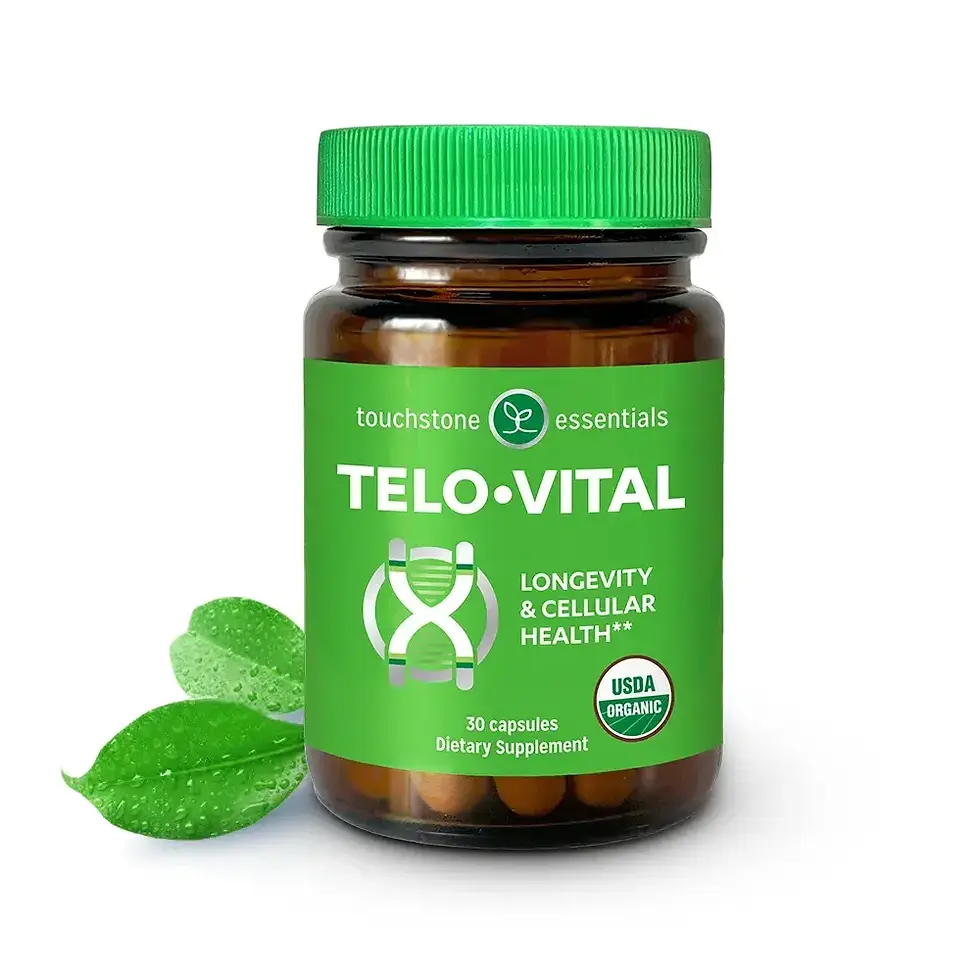The Ultimate Guide to Magnesium
- Coral Malpass
- Aug 10, 2025
- 3 min read
Magnesium is one of the most important minerals in the body, yet it’s also one of the most commonly deficient. In fact, studies estimate that nearly 50% of people in the U.S. don’t meet their daily magnesium intake. Given its role in over 300 enzymatic reactions, magnesium is essential for everything from muscle function to brain health and energy production.

Why Magnesium Deficiency is So Common
Modern lifestyles and diets have made magnesium deficiency increasingly widespread. Some key reasons include:
Soil depletion: Industrial farming has significantly reduced magnesium levels in food.
Processed foods: Many people consume diets high in refined grains and processed foods, which lack magnesium.
High-stress lifestyles: Chronic stress depletes magnesium levels.
Medication interference: Certain medications, including diuretics and proton pump inhibitors, can lead to magnesium loss.
Exercise and sweating: Athletes and active individuals lose magnesium through sweat, increasing their needs.
The Best Types of Magnesium Supplements & Their Benefits
Not all magnesium supplements are created equal. Different types offer different benefits, so choosing the right one depends on your health goals.
1. Magnesium Citrate
Best for: Digestion and constipation relief
Absorption: High
Why Take It? Magnesium citrate helps draw water into the intestines, making it useful for those with sluggish digestion or occasional constipation.
2. Magnesium Glycinate
Best for: Relaxation, sleep, and stress relief
Absorption: High
Why Take It? This form is bound to glycine, an amino acid that promotes calmness, making it ideal for reducing anxiety and improving sleep quality.
3. Magnesium Malate
Best for: Energy production and muscle recovery
Absorption: Moderate to high
Why Take It? Malic acid helps boost ATP (energy) production, making this form beneficial for people with chronic fatigue or muscle soreness.
4. Magnesium L-Threonate
Best for: Brain health and cognitive function
Absorption: Moderate (better for brain penetration)
Why Take It? This type crosses the blood-brain barrier effectively, potentially improving memory, learning, and neuroprotection.
5. Magnesium Taurate
Best for: Heart health and blood pressure regulation
Absorption: Moderate
Why Take It? Combined with taurine, this form supports cardiovascular function and helps regulate blood pressure.
6. Magnesium Chloride
Best for: General supplementation and muscle relaxation
Absorption: High
Why Take It? Often used in topical sprays and bath salts, it is easily absorbed through the skin and can aid in muscle recovery.
7. Magnesium Oxide
Best for: Constipation relief
Absorption: Low
Why Take It? While not the best for replenishing magnesium levels, it is commonly used as a laxative.
8. Magnesium Sulfate (Epsom Salt)
Best for: Muscle relaxation and detoxification
Absorption: Low when ingested, but effective through the skin
Why Take It? Commonly used in baths to help relieve sore muscles and tension.
Best Food Sources of Magnesium

If you prefer to get your magnesium from food rather than supplements, here are some of the best natural sources:
Leafy greens: Spinach, kale, Swiss chard
Nuts and seeds: Almonds, cashews, pumpkin seeds, sunflower seeds
Legumes: Black beans, chickpeas, lentils
Whole grains: Brown rice, quinoa, oats
Fish: Salmon, mackerel, halibut
Fruits: Bananas, avocados, figs
Dark chocolate: High-quality dark chocolate (70% cocoa or higher) is a great magnesium-rich treat
Incorporating these foods into your diet regularly can help maintain optimal magnesium levels naturally.
How Much Magnesium Should You Take?
The Recommended Dietary Allowance (RDA) for magnesium varies by age and gender:
Group | RDA (mg/day) |
Adult Men | 400–420 mg |
Adult Women | 310–320 mg |
Pregnant Women | 350–360 mg |
Athletes/Active Individuals | 400–600 mg (higher needs due to sweating and muscle recovery) |
The Tolerable Upper Limit (UL) from supplements is 350 mg/day, but higher doses can be used under medical supervision. Excessive magnesium intake can cause digestive issues such as diarrhea.
Who Benefits Most from Magnesium Supplementation?
People with stress, anxiety, or sleep issues → Magnesium Glycinate
Those with muscle cramps, soreness, or headaches → Magnesium Malate or Citrate
Individuals with high blood pressure or heart conditions → Magnesium Taurate
Athletes or people with chronic fatigue → Magnesium Malate
People with brain fog or memory decline → Magnesium L-Threonate
Magnesium is an essential yet often overlooked mineral that plays a critical role in overall health. Choosing the right type of magnesium supplement based on your needs can make a significant difference in energy levels, muscle function, stress management, and heart health. If you’re unsure about your magnesium levels, consider incorporating magnesium-rich foods like leafy greens, nuts, seeds, and whole grains into your diet—or opt for a high-quality supplement to fill the gap.
Remember to always ask your doctor before starting a new supplement.










Comments